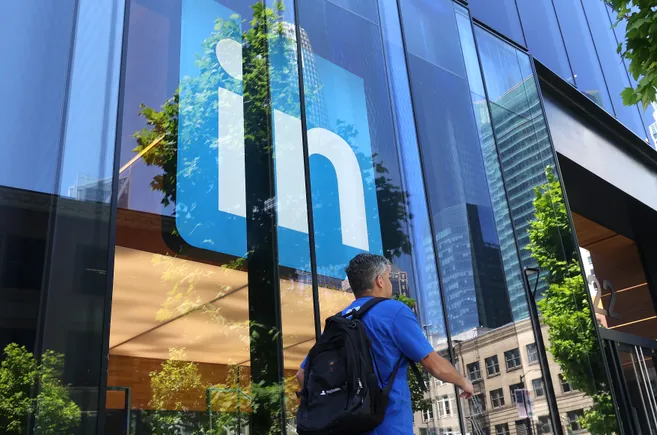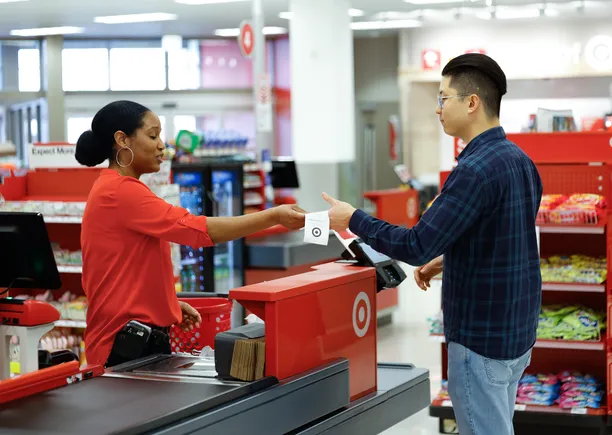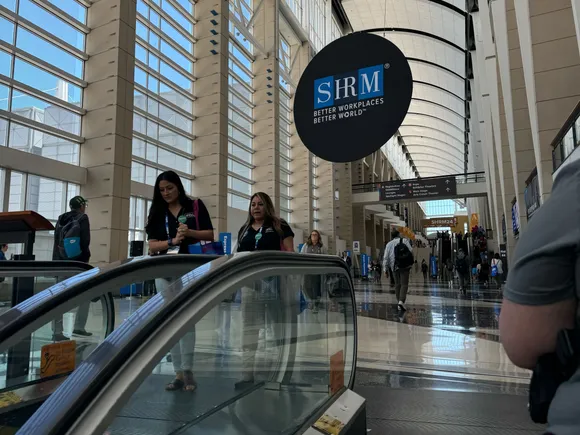WASHINGTON, D.C. — Amid queries about the future of work, ServiceNow Chief People Officer Jacqui Canney illuminated why she believes AI may be at the front of talent renaissance during Gallup’s June 12 “The World of Work” event.
Like other speakers, Canney answered questions about the other hot 2020s workplace issue: mental health. She discussed the multiple facets of well-being and shared about ServiceNow’s People Pact. Canney described it as a “covenant” between employer and employee, promising optimal workplace experience and success in meeting business objectives.
But AI reigned as the major theme in her session. Instead of seeing it as a hallmark of the tech revolution, Canney said, “It’s a human capital renaissance.”
She highlighted AI as a means to accelerate creativity. Regarding ServiceNow workers, her goal, she said, is to “give workers the skills that they need and the confidence to work in this new way, to build up revenue streams.”
A new frontier
Jacqui Canney
Permission granted by Semafor and Gallup
Canney’s AI outlook — and that of fellow speakers onstage Gallup HQ — was overwhelmingly positive. In practice, however, everyday HR leads have struggled to navigate the role of AI at work.
The opinions of workers are mixed. By some accounts, the majority of workers don’t feel great about AI: Only 41% of respondents told Robert Half that generative AI will have a positive impact on their career. And more than 80% of survey-takers in the ad, marketing, consulting and healthcare industries told Glassdoor they feel strongly about their employers banning AI.
But in crafting workplace policy, HR must ensure it complies with labor law. In 2020, Illinois passed the Artificial Intelligence Video Interview Act, restricting AI analysis in video interviews. New York City followed suit in 2022, one-upping Illinois to heavily restrict AI use throughout the hiring process.
The U.S. Equal Employment Opportunity Commission has been vocal about its desire to crack down on AI’s potential for discrimination; at an online feedback event last year, Vice Chair Jocelyn Samuels said allowing workplaces to reap “the benefits of new technology while protecting the fundamental civil rights” was the commission’s goal.
Still, in similar spirit to Canney’s “human renaissance” comment, Samuels had said that business’ quick adoption of AI had “opened a new frontier.”
A broader philosophy
Showcasing ServiceNow’s business strategy, Canney continually highlighted the importance of the human element during her Gallup session. She also spoke about “humanity as a product” — perhaps not in the literal sense of consumer offerings, but a concept to leverage employer branding.
When filling new roles, Canney said, her company prioritizes “insatiable” curiosity in a candidate and hires for “character.”
As the Society for Human Resource Management highlighted the need for HR to steer workplace AI conversations — and other talent researchers have highlighted the need for human “cognitive” skills to navigate this new tech frontier — experts continue to argue that good talent will be crucial as AI comes to the fore.
Answering a question about navigating constant change as an HR person, Canney acknowledged both the talent landscape and AI. “We all have to recognize that AI is impacting our work personally and professionally. As leaders, our job is to bring people along,” Canney said.






Leave a Reply